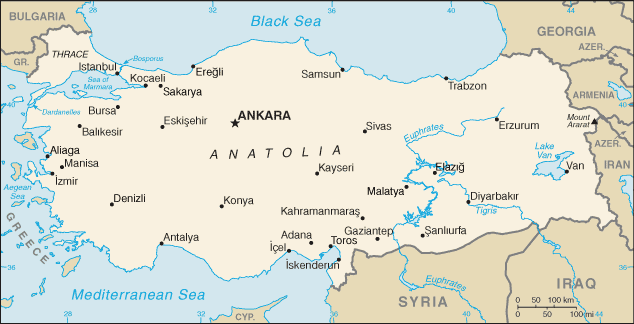 In a strange paradox, Turkey's increasingly authoritarian President Erdogan has announced that he wants to expand legal cannabis cultivation in the country. His speech unveiling the proposal even portrayed the plant's prohibition as imposed by Western powers to undermine Turkish agriculture—appealing to his traditional Islamist base, with otherwise conservative instincts.
In a strange paradox, Turkey's increasingly authoritarian President Erdogan has announced that he wants to expand legal cannabis cultivation in the country. His speech unveiling the proposal even portrayed the plant's prohibition as imposed by Western powers to undermine Turkish agriculture—appealing to his traditional Islamist base, with otherwise conservative instincts.

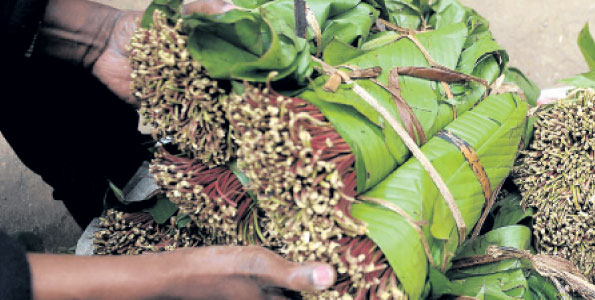 Here's some news that should surprise nobody. International efforts to suppress the trade in a psychoactive plant are failing to do so, but are jacking up the social costs of its use—which might be quite negligible if the stuff weren't illegal. In this case we're talking about khat, the mildly stimulating leaf that is chewed socially in the Horn of Africa and its immigrant diaspora. It was sold openly at groceries and eateries in London's African communities until Britain finally
Here's some news that should surprise nobody. International efforts to suppress the trade in a psychoactive plant are failing to do so, but are jacking up the social costs of its use—which might be quite negligible if the stuff weren't illegal. In this case we're talking about khat, the mildly stimulating leaf that is chewed socially in the Horn of Africa and its immigrant diaspora. It was sold openly at groceries and eateries in London's African communities until Britain finally 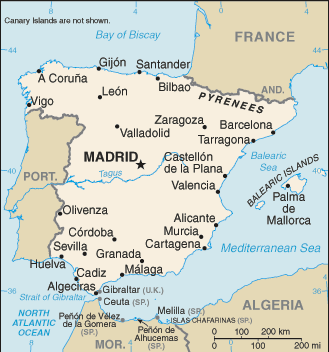 Spain made unwanted international headlines Oct. 7 when nearly four metric tons of cocaine worth an estimated $260 million was seized by Spanish customs officers in the Atlantic, headed for the Iberian peninsula. The haul was found on a tugboat between Portugal's Madeira and Azores islands, with 165 packages of cocaine each weighing 23 kilograms—for a total of 3.7 tons—concealed beneath the vessel's cooking area. The operation was jointly conducted with UK's
Spain made unwanted international headlines Oct. 7 when nearly four metric tons of cocaine worth an estimated $260 million was seized by Spanish customs officers in the Atlantic, headed for the Iberian peninsula. The haul was found on a tugboat between Portugal's Madeira and Azores islands, with 165 packages of cocaine each weighing 23 kilograms—for a total of 3.7 tons—concealed beneath the vessel's cooking area. The operation was jointly conducted with UK's 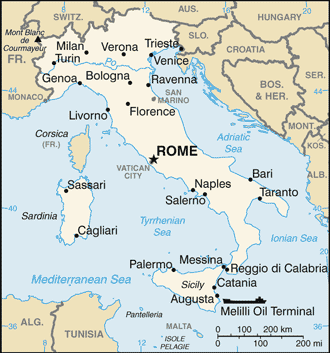 Italian police staged a joint operation in the Mediterranean with Turkish, French, Egyptian, Spanish, Moroccan and
Italian police staged a joint operation in the Mediterranean with Turkish, French, Egyptian, Spanish, Moroccan and 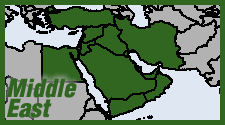 Turkish security forces report that they seized 150 tons of hashish in 2013, with 89 tons seized in southeastern Diyarbakir province, Turkey's Kurdish heartland. Authorities also said a somewhat improbable 56 million cannabis plants had been seized in Diyarbakir, and 382 arrested. The provincial Counter Narcotics Department called it a record-breaking year. (
Turkish security forces report that they seized 150 tons of hashish in 2013, with 89 tons seized in southeastern Diyarbakir province, Turkey's Kurdish heartland. Authorities also said a somewhat improbable 56 million cannabis plants had been seized in Diyarbakir, and 382 arrested. The provincial Counter Narcotics Department called it a record-breaking year. (





Recent comments
3 weeks 3 days ago
3 weeks 4 days ago
6 weeks 4 days ago
7 weeks 4 days ago
11 weeks 4 days ago
15 weeks 2 days ago
19 weeks 3 days ago
20 weeks 1 day ago
30 weeks 1 day ago
34 weeks 1 day ago